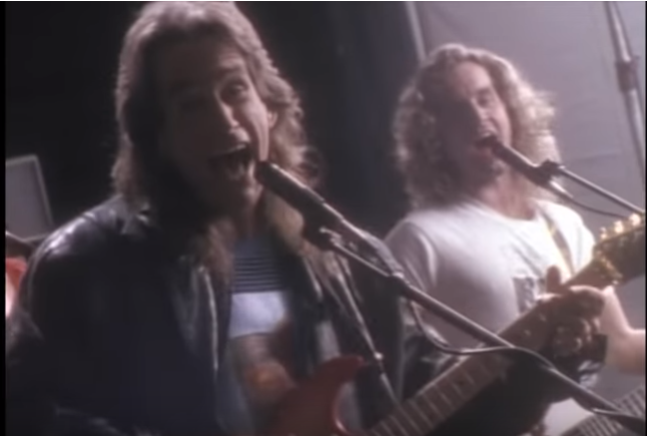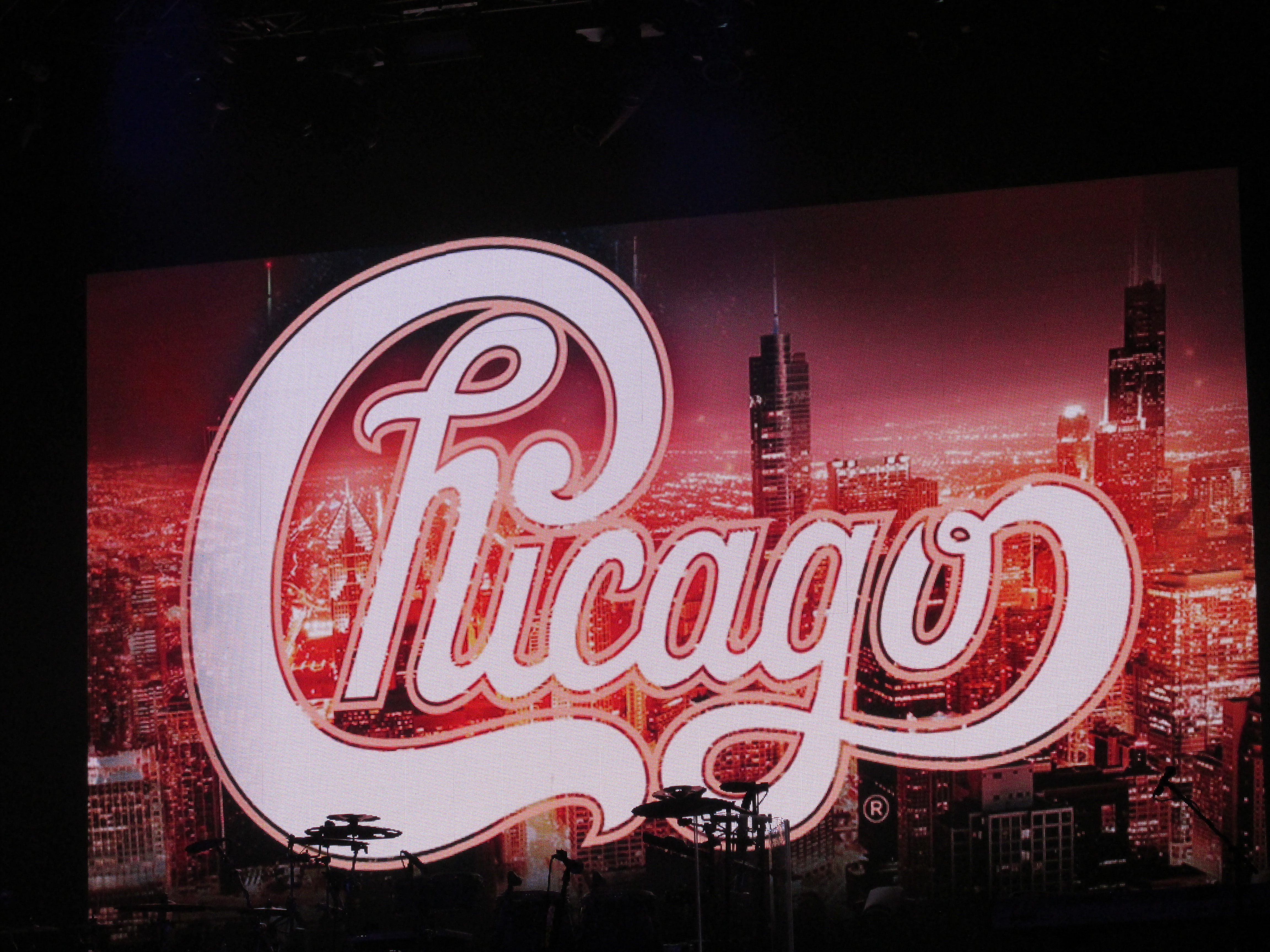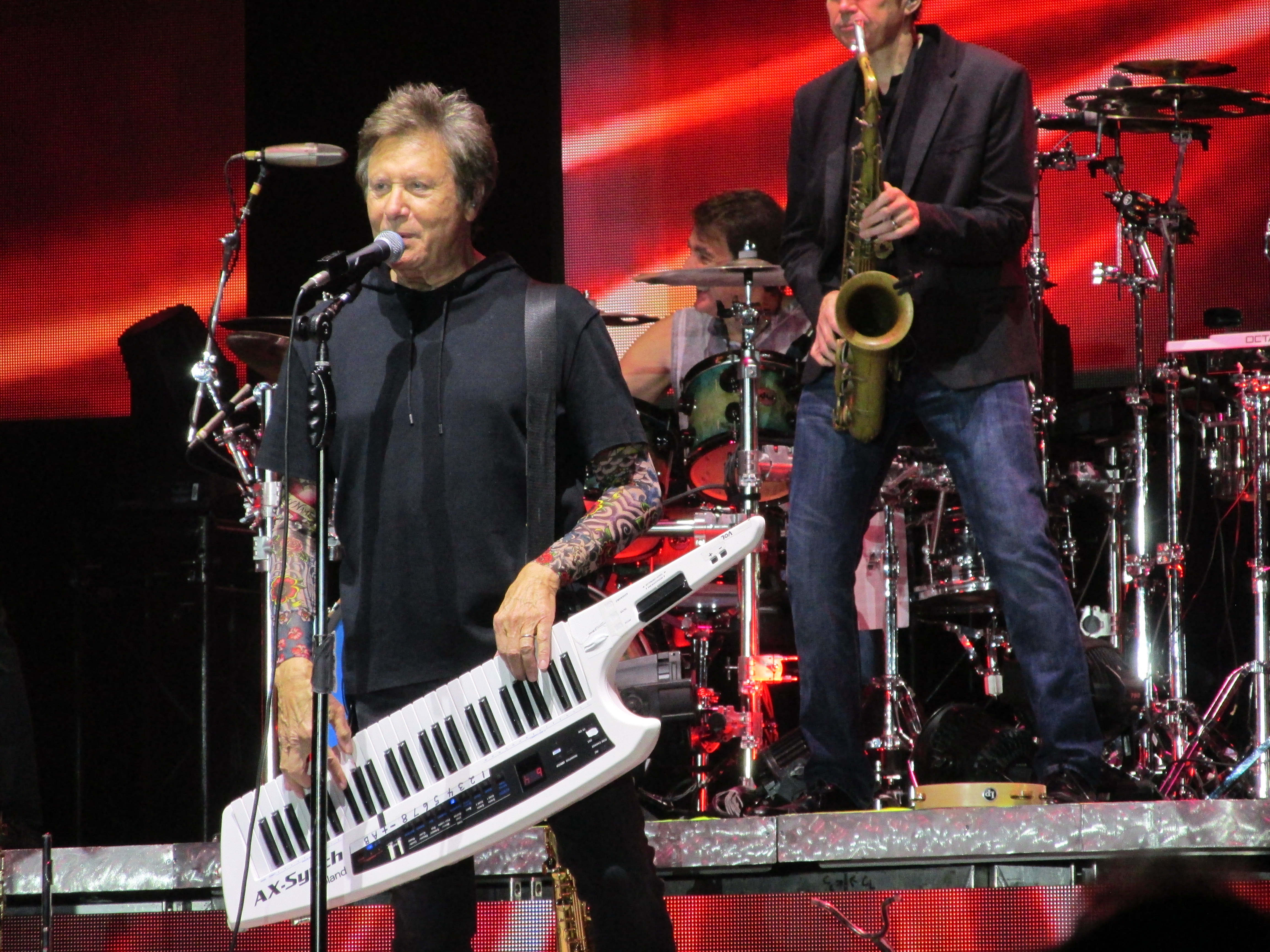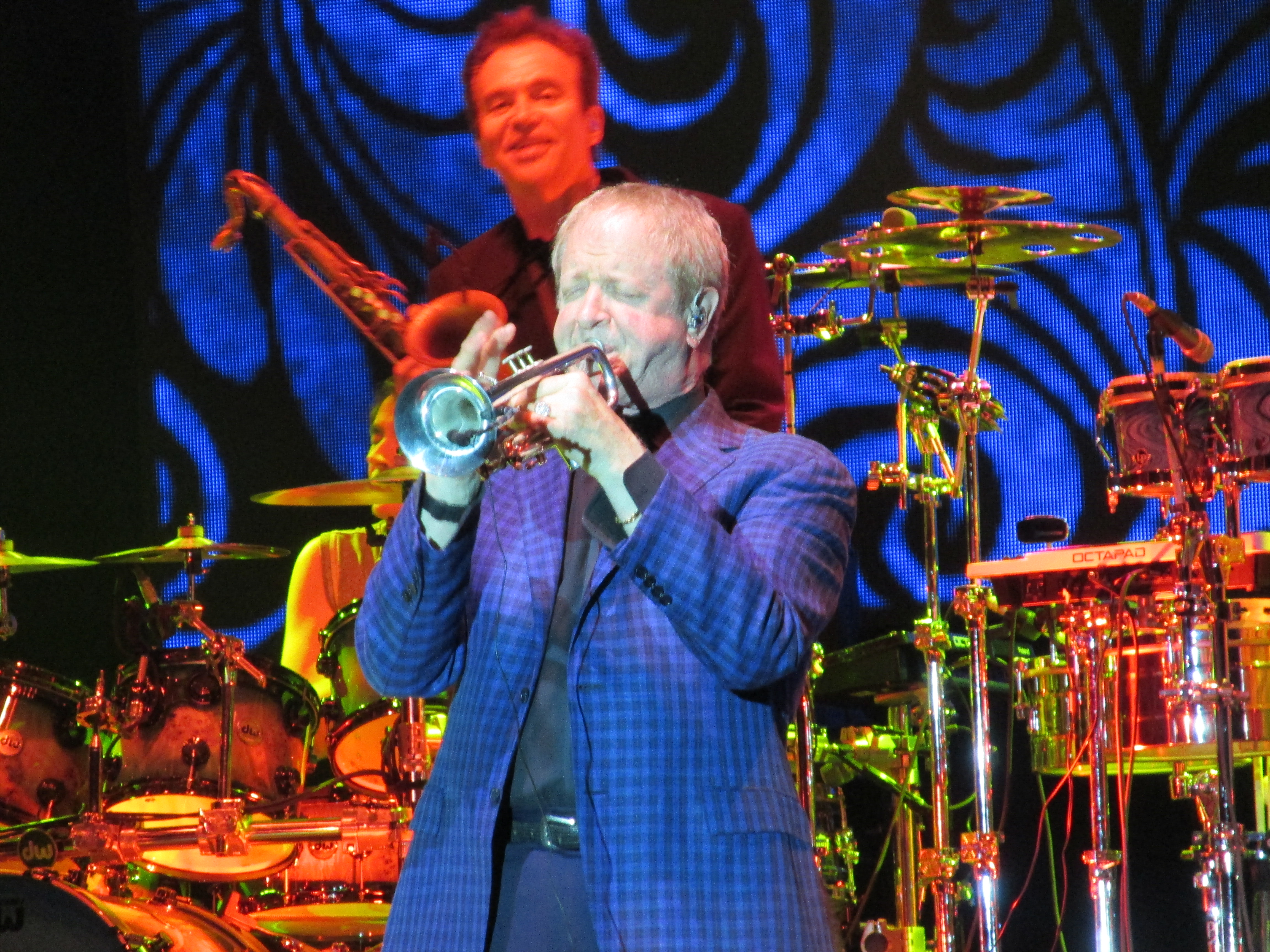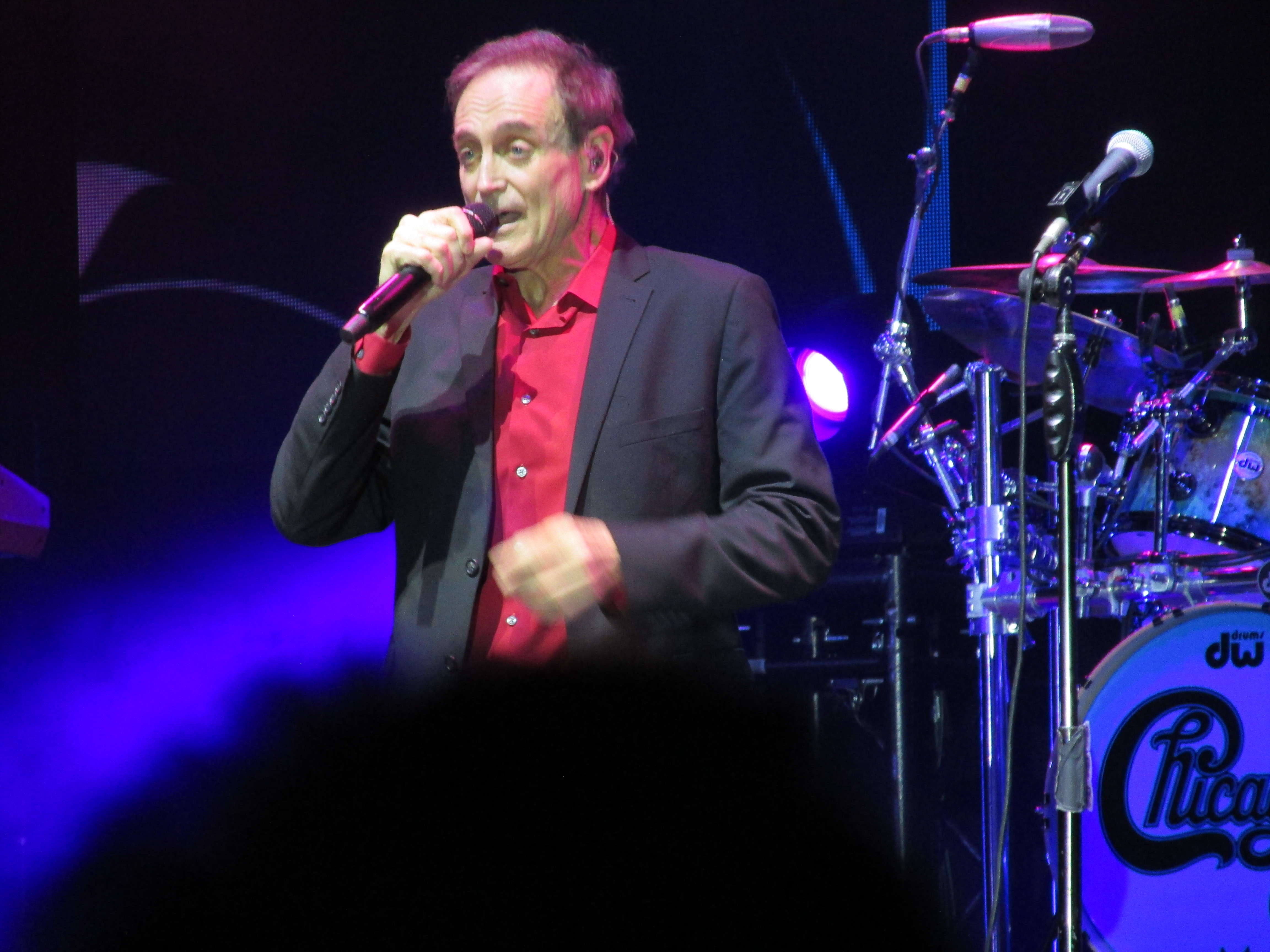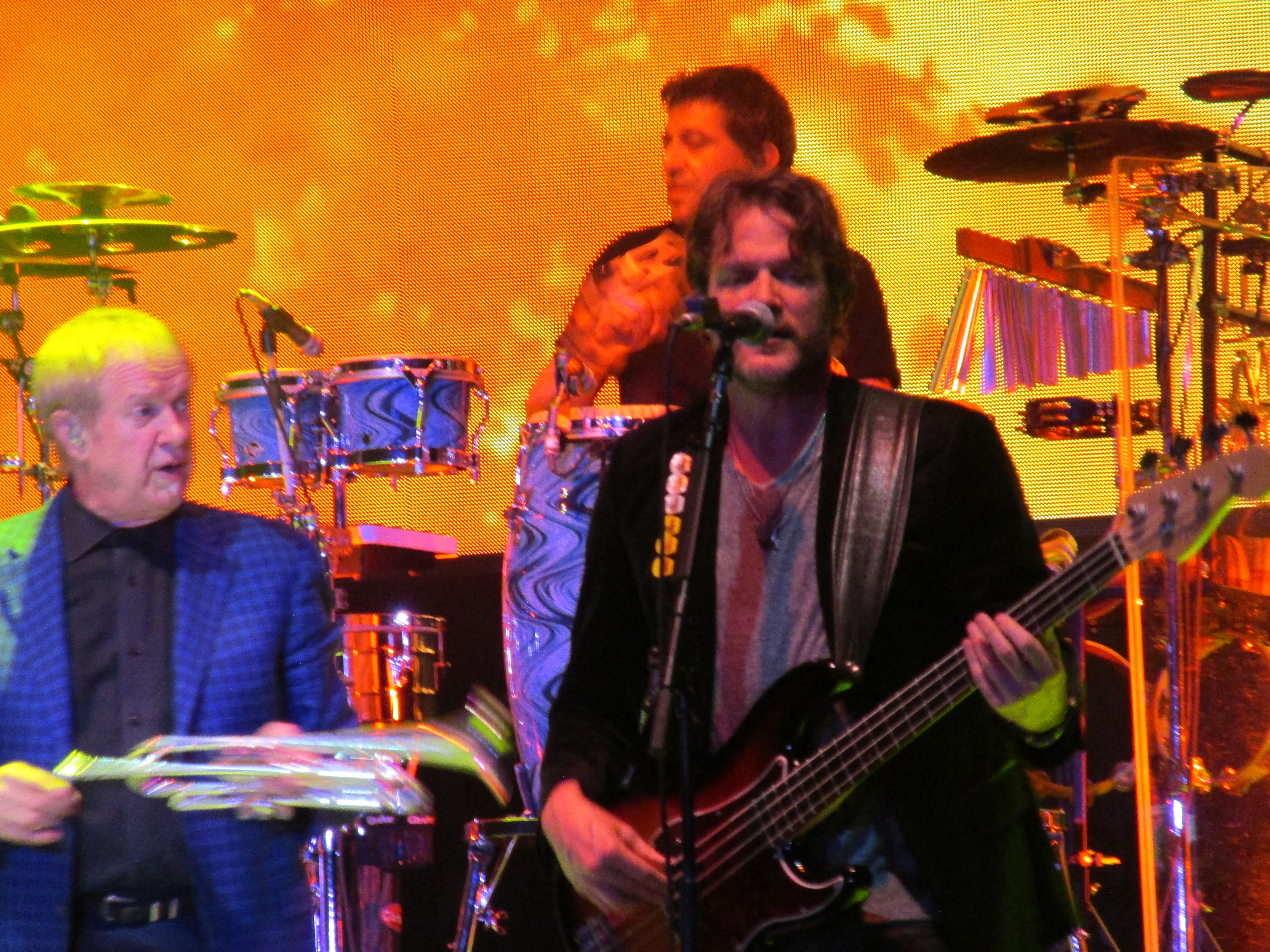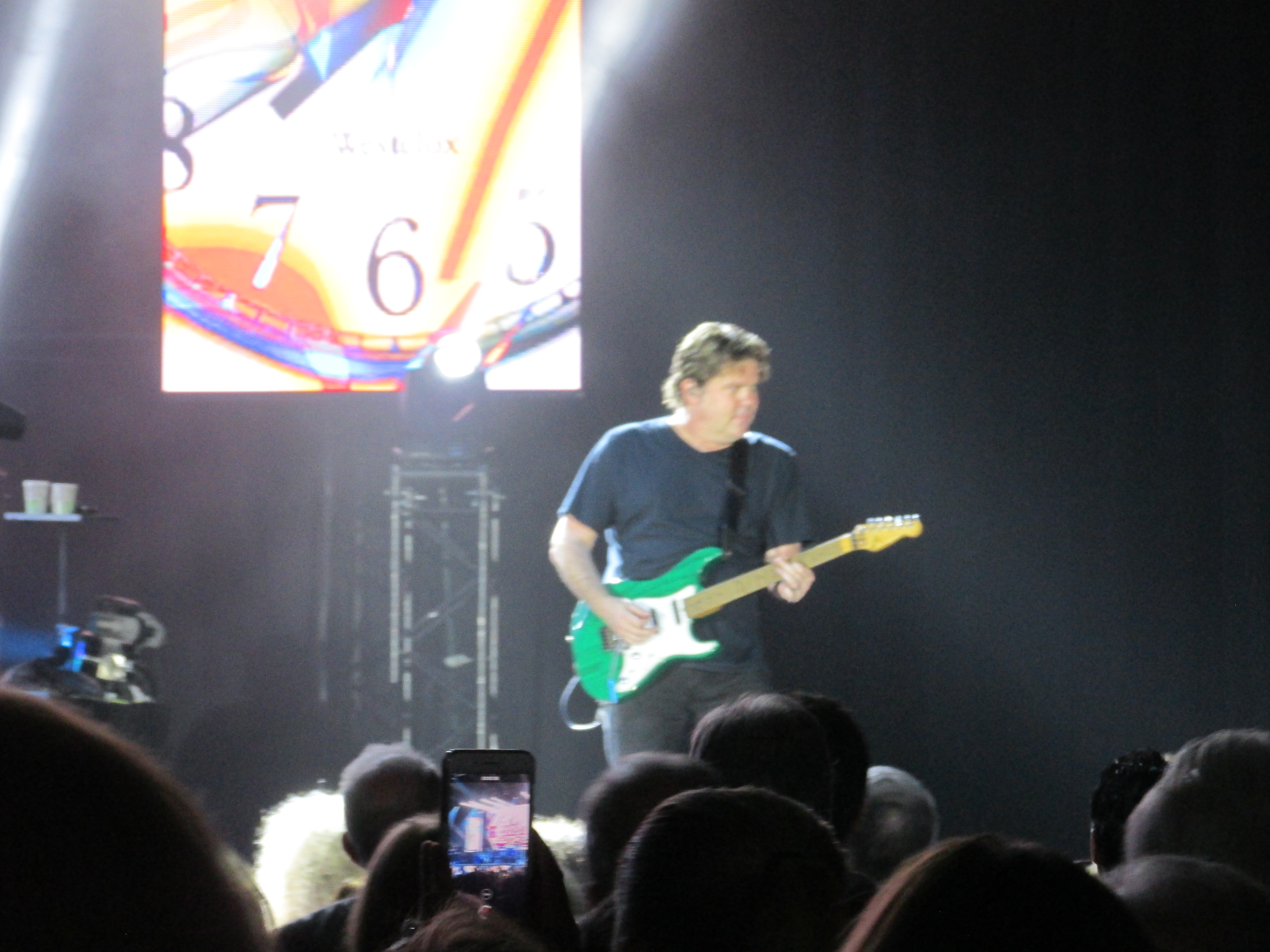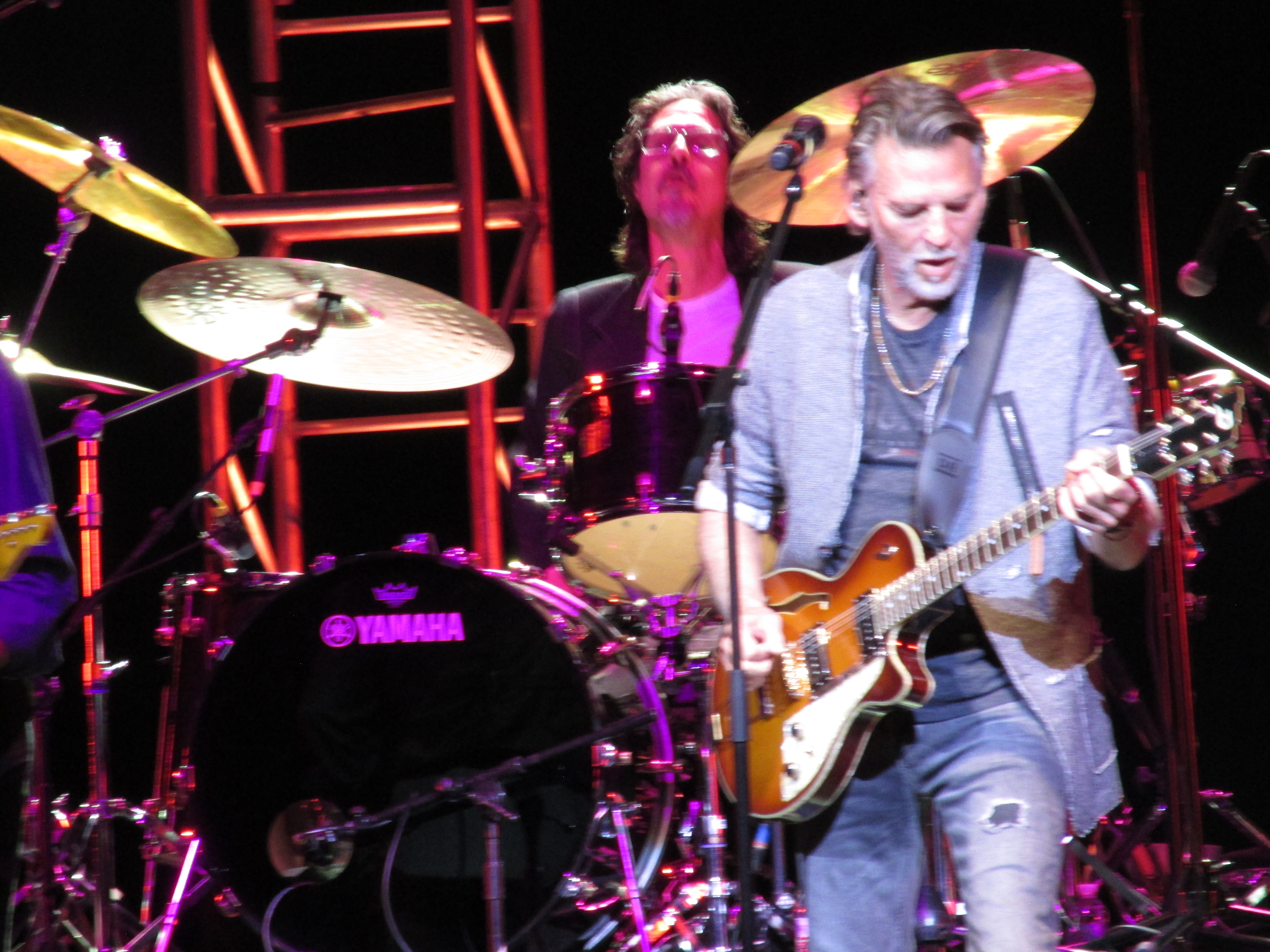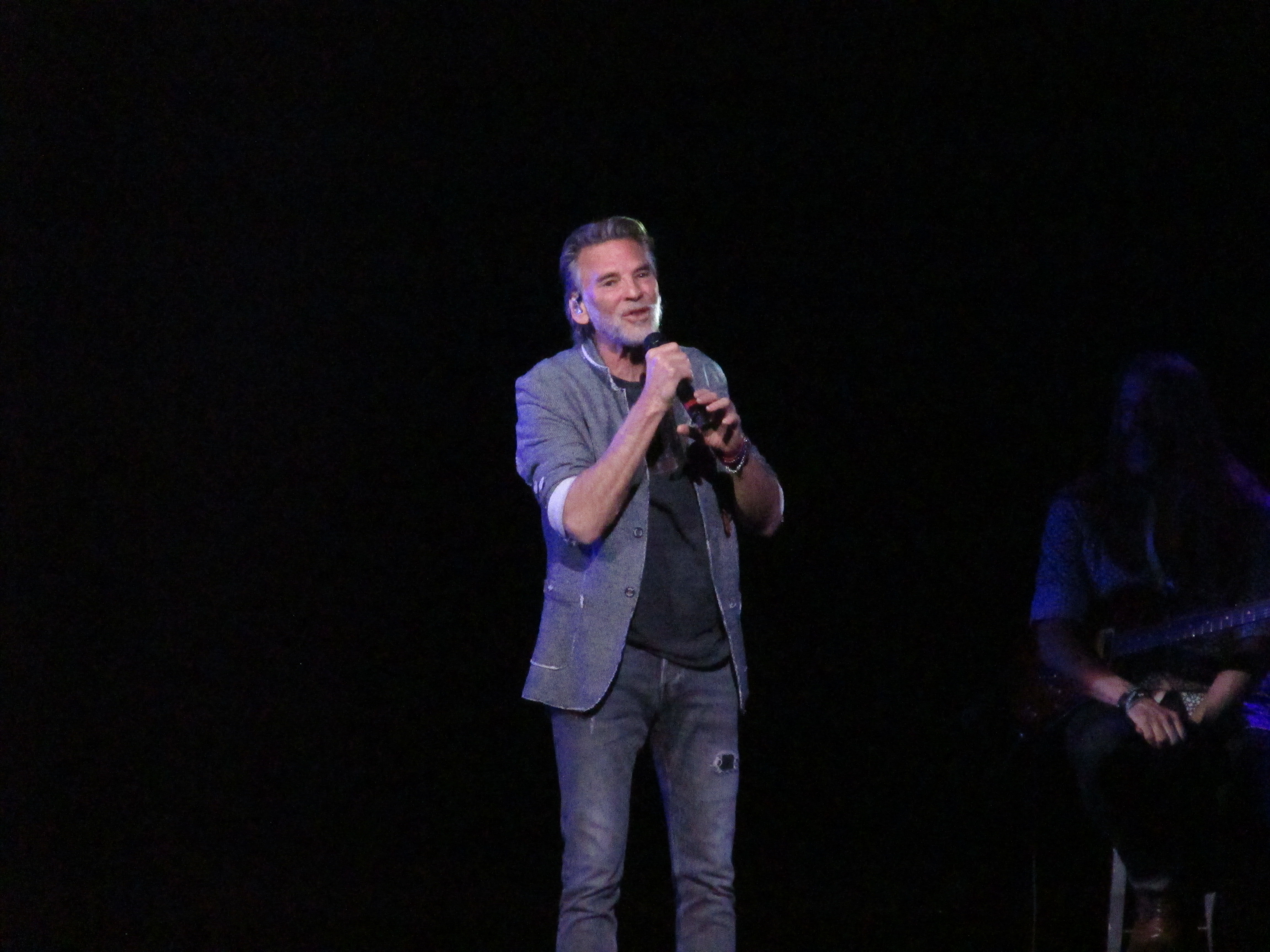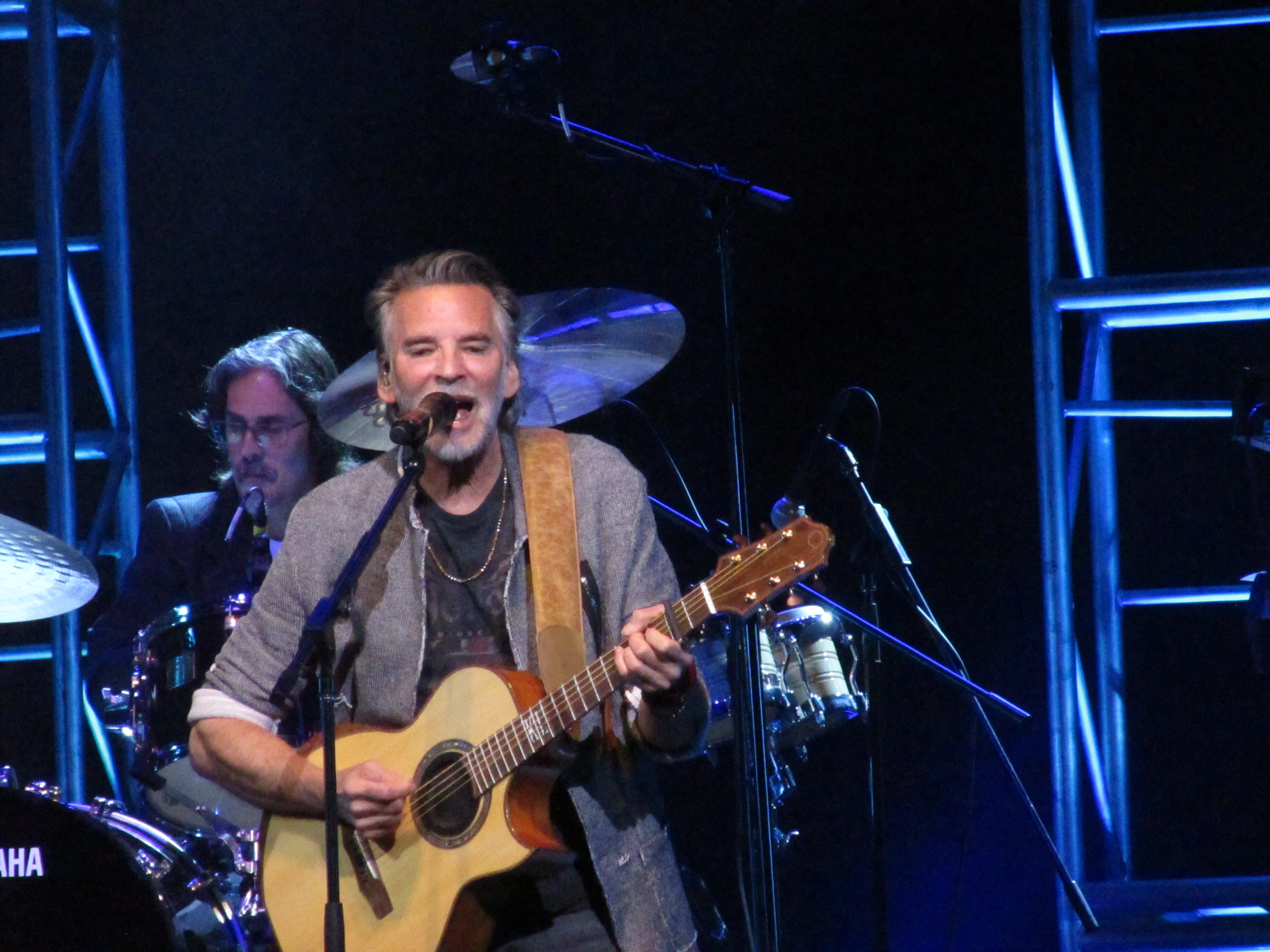It’s Music Monday, and don’t let anyone tell you otherwise – you’re not alone in hating Mondays.
Something else you’re not alone in? Music will be there to comfort you.
So, I went to a concert on Saturday.
I also went to one on Friday night.
Amazingly, I escaped this weekend with my hearing fully intact.
You’d think concerts put on by groups and singers well in the prime of their lives (we’re talking a group where the members are between 50 and mid-70s, and a solo artist who is still packing 4000-seat casino theaters at 71) wouldn’t be loud, but they are.
Last week, I covered Kenny Loggins as part of my Weekend of Concerts salute, and today, I’m covering Chicago.
The only difference between both is that one still performs the song featured, and the other…hasn’t since the 1990s.
Though they are starting to do a long-gone-from-the-set list-song again, so there is hope…
By the 1980s, Chicago was reinventing their image and sound, having escaped the shortcomings of Chicago XIV (and Chicago XIII) relatively unscathed. I mean, Columbia decided to just release a Greatest Hits album and pay them to leave the label, but they showed them with Chicago 16, which then put them on Warner’s label and set them back on the right track.
The reinvention of image meant music videos – everyone did them. You’re talking a well-established group who’d been doing this for 15 years, who had to go completely against what their formula (letting the music speak for them, rather than showing a face), all for the sake of reinvention.
It worked pretty well, though they don’t always show fondness for every aspect of their reinvention.
The new formula meant MTV-style production values, and a youthful look. When Peter Cetera left the group in 1985, a 23-year-old bassist with a voice that signaled the second coming of Cetera came on, and the group took their sound into the mid-1980s with their music video looks. They’d been doing it with Cetera, but this was a younger, more hip version of Chicago. Your parents listened to the Chicago of the 1970s, and your school-age self was watching the Chicago of the 1980s.
Also on board for the transformation was keyboardist, sometimes guitarist, and vocalist Bill Champlin, whose voice, like Cetera’s (and later Scheff’s) became a standard of the group’s hits during the reinvention years. Champlin joined the group in 1981 (after turning down the offer in 1978), and while he was the same age as the founding members, he had a voice that just screamed “I can do this on MTV.”
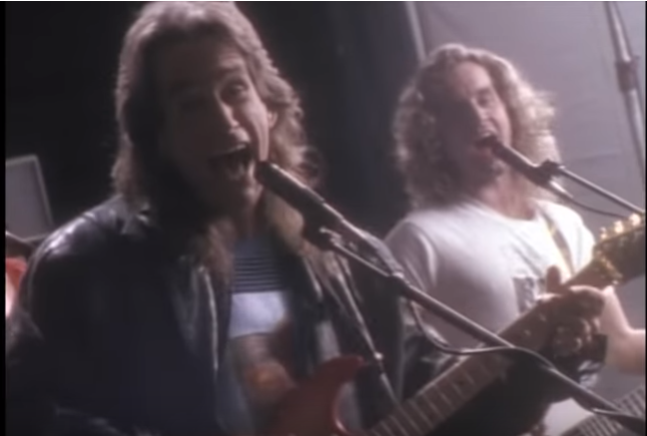
He also had a mullet, and as you know, this was cool in the 1980s.
He let the long-haired kid in the shot too. How nice!
Champlin left the group in 2009 (nothing super nice has been said about him by anyone), and his vocal duties went to New Guy Lou Pardini (he’s not new, but if you’re not a founding member, you’re a New Guy. Bill Champlin said during Behind the Music in 2000, “I’ve been with the group almost 20 years, and I’m still a new guy.”), but during the time he was with them, his contributions were many.
Today’s song is one of those contributions.
“You’re Not Alone” is a 1989 single from Chicago’s sixteenth studio album, Chicago 19, which was released in 1988. “You’re Not Alone” was the third single, released after the popular single “Look Away”, which had the distinction of holding the top spot on the Billboard Hot 100 Chart Year Ending 1989, despite not holding the spot on any of the weekly charts in that year. Like other songs on Chicago 19, “You’re Not Alone” was written by an outside songwriter, British-born songwriter Jimmy Scott.
Like their other songs of the time, this song had a music video, it put the band in the forefront, and pretty much looked like everything else you saw on MTV in the late 1980s. The song also de-emphasized the horn section that Chicago was known for (and would recapture in the early 1990s). But despite that, it is a great song.
Go on, click play, and check out the music video!
“You’re Not Alone” charted at #10 on the Billboard Hot 100, and #9 on the Billboard Hot Adult Contemporary, with the reaching #37 on the Billboard Hot 100 in 1988. This single appears on Side 2 of the album, and is the next-to-last track, and also appears on the second album of the greatest hits album Only The Beginning in 2002.
There are two versions of this song – the album version does not contain the electric guitar passages that the single version does. The latter was the one that received radio airplay, and the version from the music video. I have Chicago 19, and this is not noticeable at all.
Chicago regularly performed this song as part of their set list in the late 1980s and early 1990s, but it made its way out of the regular rotation by the mid-1990s.
March 3, 1989:
February 1993:
1992:
As far as I’m aware, it doesn’t work its way back into the rotation, as more of an emphasis is placed on the early 1980s hits, as well as, of course, the 1960s and 1970s.
I should note that “Street Player” has found its way back in. At least it is not the 9 minute version. That would just be cruel.
I don’t know, I think this song would sound good in the hands of Lou Pardini, who has been able to make “Look Away” his own, and proves to take on the Bill Champlin-helmed vocals with ease and making them sound even better.
I mean, he doesn’t have the hair (or Jason Scheff flipping his in the background), but he is really good.
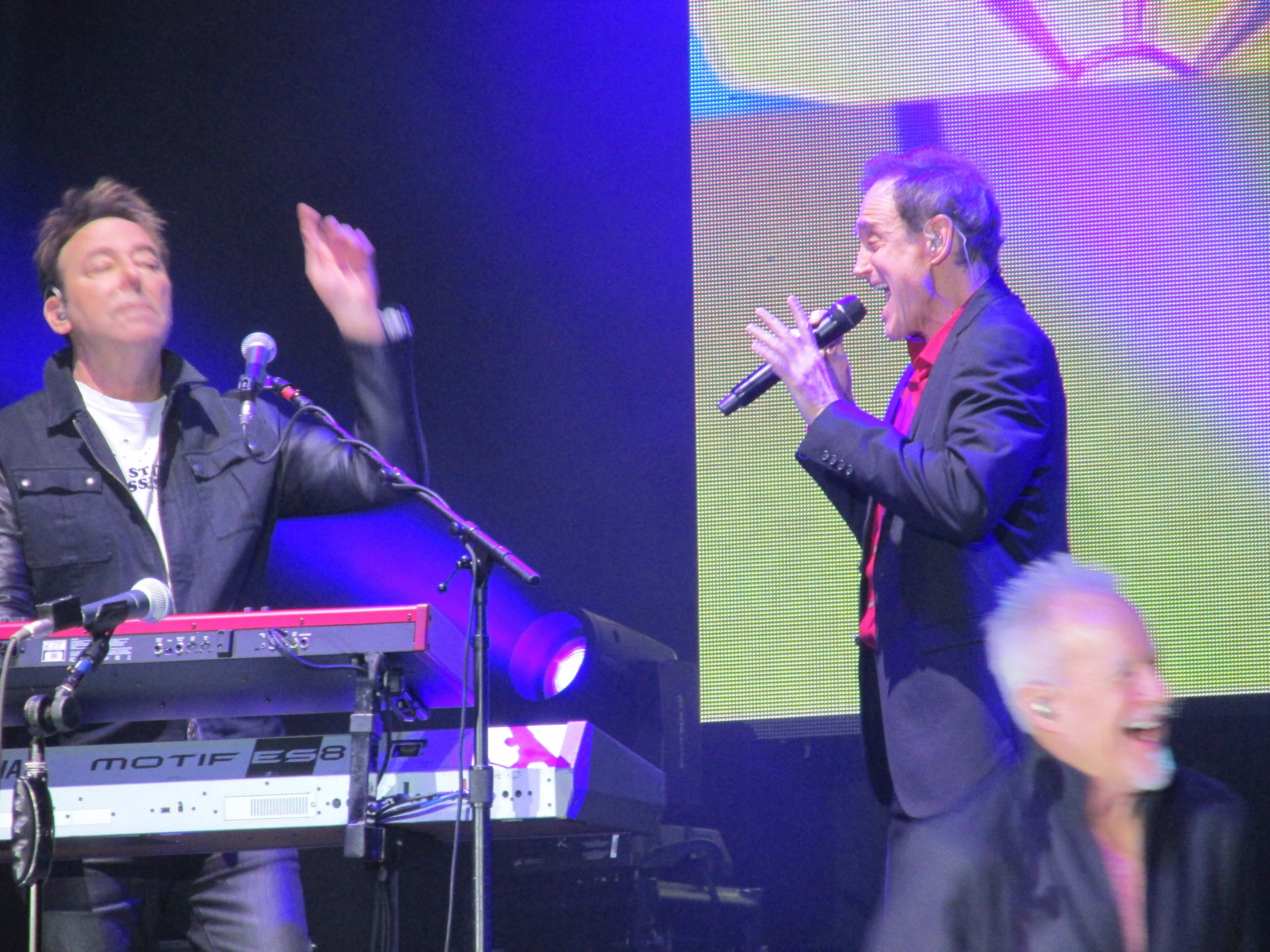
I really hope I’m not alone in thinking this would be a great song to revive.
Have a great Music Monday, enjoy the music, and try not to be a sad story on the late night news. The world’s got troubles worse than you, after all!
I thought it was funny.
